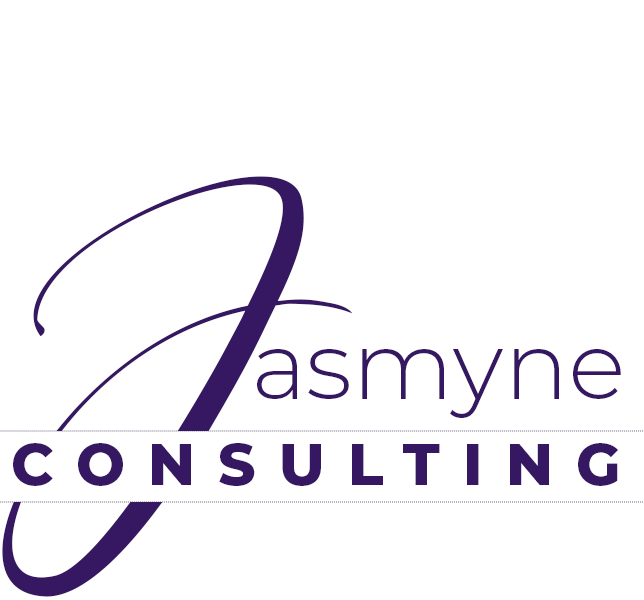“For men become civilized, not in proportion to their willingness to believe, but in proportion to their readiness to doubt.” H.L. Mencken
Do Question!
I was sitting with a friend who was helping me download songs from his ITUNES to my iPod. He needed a cable that his upstairs friend/landlord more than likely had. He looked at the clock and it said 10:30 p.m. He asked me, “Do you think it’s too late to call?” I probably wouldn’t have based on my belief that you don’t call people at that time of night, but I said, “You’d be the better judge of that.” He said, “I’ll live dangerously” and dialed the phone. They were in bed but not yet asleep and we got the cable.
Driving home at 12:30 a.m. I started thinking about his choice of words, “living dangerously.“ In comparison to someone jumping out of a plane from thousands of miles above ground or being blind and climbing Mt. Everest, his phone call was anything but dangerous. But then, everything is relative.
Since I had nothing else to do but drive (scary thought), my mind wandered and I started thinking about how interesting and unique we humans are. What’s dangerous to one is child’s play to another. Some of us stretch beyond our limits by traversing the outer landscape of our lives while others choose the inner landscape, questioning the values and beliefs handed down to them. Questioning instead of taking for granted what might be true in each moment is what allows us to see the folly or reality of our beliefs.
We are each born into a particular culture that helps shape our lives. By culture, I refer to a set of shared values and beliefs that are expressed in the various social norms of our families, communities, and countries. These values and beliefs are infused deeply into our subconscious minds and, for the most part, accepted uncritically as the way things are. Each of us has our own twists, neuroses, and idiosyncrasies, and is a storehouse of the culture’s values. Our characters are greatly influenced by the culture’s assessment of what is right and wrong, valued or disdained.
Miraculously, however, we are more than our conditioning. We all have the potential to transcend adopted beliefs and limitations. How we move with that potential depends upon how willing we are to question the hidden values that determine our behavior. Even with peak experiences that open our eyes to the unlimited possibilities of life, behavior tends to be governed by old patterns. If you want to know what your values are, just look around at how you are living, what occupies your mind, your judgments, and how you relate to others.
“The most costly of all follies is to believe passionately in the palpably not true. It is the chief occupation of mankind.” H.L. Mencken
If you look at your life and see that it mirrors the chaos, cynicism, materialism, and ambition of the world and these are not the values you aspire to, you can choose to transform so your true values and beliefs can emerge in a stable way. Learning how to be your true self is work you undertake not just for your own satisfaction, but also as your offering to the world. Each time we respond to the evolutionary pull of the Good, the True, and the Beautiful, we are in that moment creating an opportunity for our individual and cultural change.
Questioning our hand-me-down beliefs and values is the way we create the evolution of a culture. Every generation challenges the beliefs of the prior generation and we evolve. If we only conform, we cheat evolution.
I read a book entitled “Clan of the Cave Bear” over 30 years ago. The part that sticks with me still is where the young heroine drinks the remains of the elderly medicine man’s shamanic potion, a strong taboo for women of any age. She journeys way beyond his scope. When he discovers her, he doesn’t persecute her but instead asks her what she sees. He listens and then tells her that even though they drink of the same medicine, he cannot travel to a future that is not his. It is not his to see. Her vision changes and evolves the life of the clan.
We each play an important role in our cultural evolution. We matter. We make a difference. By questioning the way things are when they no longer serve, we follow our unique path and can’t help but contribute our piece of the whole and influence the culture at large.
Adyashanti, a modern-day spiritual teacher, says that one’s most important task is to find out what is most important. Not what they think should be most important, not what the culture tells them is most important, but what is most important to them. This discovery may challenge every belief you currently hold. But if you don’t find this out, you live someone else’s life and not your own. As many of us have come to understand, we are the ones we’ve been waiting for.

Can I just say what a comfort to find an individual who
genuinely knows what they’re discussing on the internet.
You actually realize how to bring an issue to
light and make it important. More people really need to read this and understand this side of the
story. It’s surprising you aren’t more popular since you certainly possess the gift.